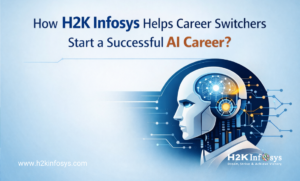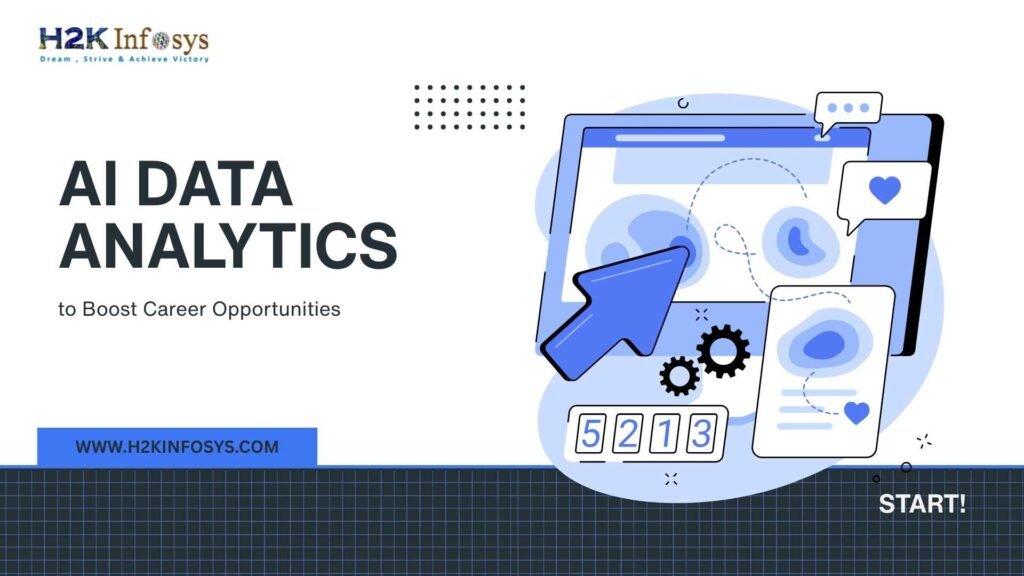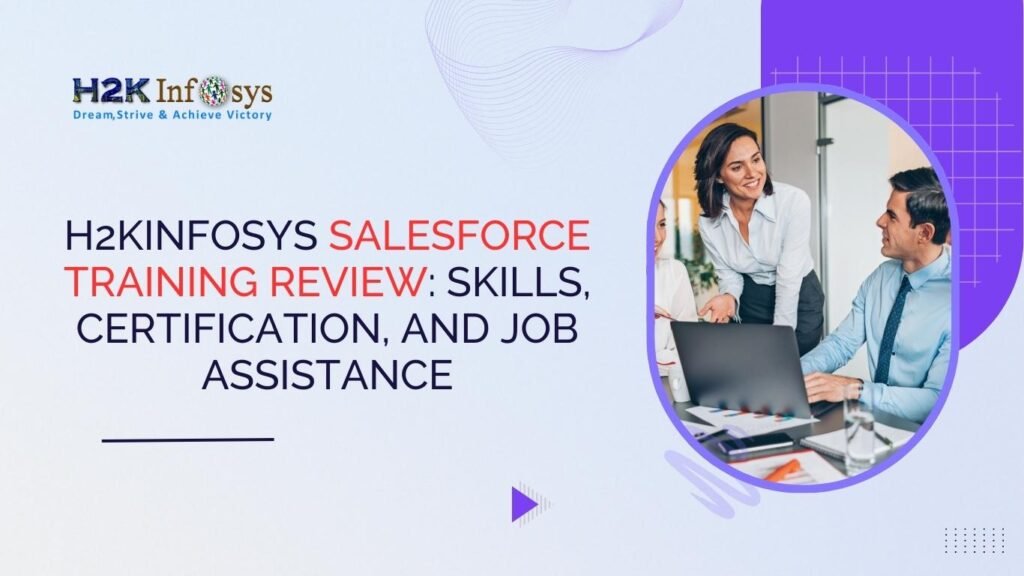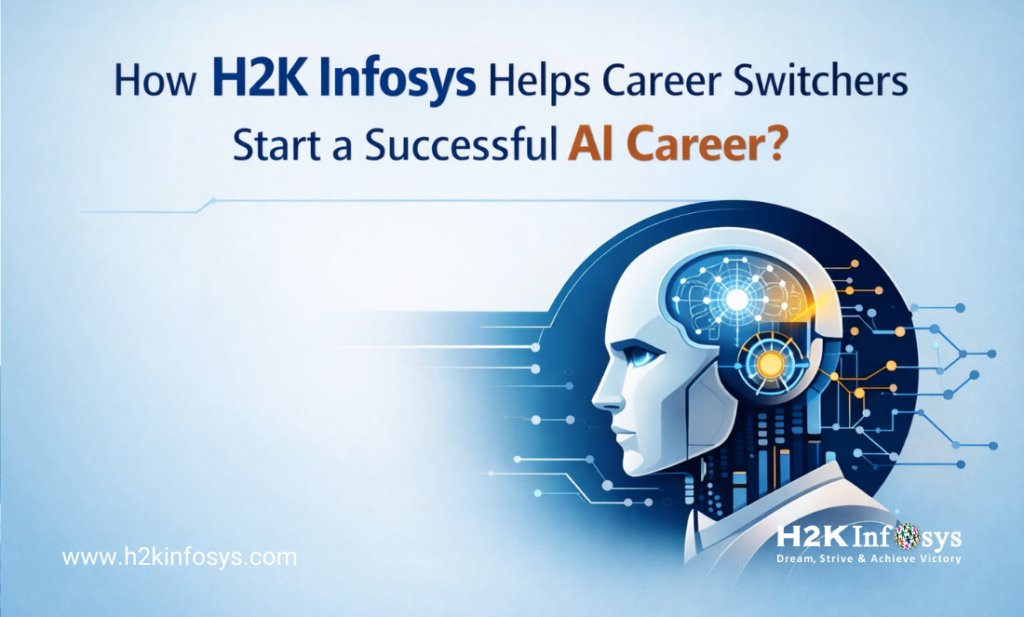Introduction: Why Service Excellence Needs a Cloud Revolution
In today’s customer-centric world, exceptional service isn’t optional it’s a competitive edge. Companies striving to deliver faster, smarter, and more personalized support are turning to powerful tools like Salesforce Service Cloud. Whether you’re a budding professional enrolled in a Salesforce admin class or a business looking to redefine your service approach, understanding how to leverage Salesforce Service Cloud is essential.
Salesforce Service Cloud isn’t just a help desk platform. It’s a comprehensive customer service management solution that integrates automation, AI, and multi-channel support into one powerful tool. Through this blog, we’ll explore five game-changing strategies using Salesforce Service Cloud that are transforming service delivery, enhancing customer satisfaction, and preparing administrators for future-ready roles.
Salesforce Service Cloud is often at the heart of digital transformation in customer experience initiatives. It allows organizations to not only resolve issues but to anticipate them before they arise. The result? A proactive, rather than reactive, customer service strategy that turns support into a growth driver.
Strategy 1: Omnichannel Support for Seamless Customer Experience
What It Means
Omnichannel support ensures customers can reach your service team via phone, email, social media, chat, and even SMS all within the same unified system. This consistency builds trust and reduces frustration by eliminating the need to repeat information.
How Salesforce Service Cloud Delivers
Salesforce Service Cloud offers an Omni-Channel Routing feature that assigns work to the right agent in real time, improving response times and workload distribution. It ensures that each interaction is tracked and managed, no matter the entry point.
Real-World Example
A retail company using Salesforce Service Cloud reduced customer wait times by 30% after implementing omnichannel routing. Agents handled chat, email, and calls from a single console, providing faster, more accurate service. As a result, customer satisfaction scores rose by 15%.
Why It Matters in Salesforce Training
Understanding Omni-Channel is a key learning area in any Salesforce admin certification classes. As more companies adopt multi-channel strategies, admins who can configure and manage these features are in high demand. This includes setting up Service Channels, Routing Configurations, and Presence Configurations.
Strategy 2: AI-Powered Chatbots and Automation
The Role of AI
AI tools like Salesforce’s Einstein Bots handle routine inquiries, freeing agents for more complex tasks. These bots operate 24/7, offering consistent support without burnout. They also gather contextual data to provide seamless transitions to human agents when escalation is needed.
Features to Explore
- Automated responses
- Escalation to human agents
- Integration with CRM data for personalized answers
- Intent recognition and natural language processing (NLP)
Real-World Application
A tech startup used Einstein Bots in Salesforce Service Cloud to resolve 40% of all customer queries without human intervention. This cut support costs while maintaining high customer satisfaction. The AI bots not only improved efficiency but also learned over time, offering more accurate answers with each interaction.
Admin Skill Building
Courses such as the Salesforce admin course teach how to configure these bots, set up workflows, and connect them to data sources. AI-driven tools are now a standard expectation in support environments, and admins skilled in these configurations often command higher salaries.
Strategy 3: Case Management and Workflow Automation
Case Management Basics
Salesforce Service Cloud allows seamless tracking and resolution of service requests through intelligent case management. Admins can automate case assignments, SLA tracking, and customer notifications. This results in a streamlined service process that reduces the chances of errors and missed deadlines.
Workflow Automation Tools
- Process Builder
- Flow Builder
- Approval Processes
- Escalation Rules
Industry Insight
A healthcare provider reduced manual case handling time by 50% using automation built in Salesforce Service Cloud. Repetitive tasks like case creation, routing, and resolution tracking were streamlined efficiently. This allowed healthcare professionals to focus more on patient care than paperwork.
Certification Connection
These topics are covered in the Salesforce training certification, equipping you with the skills to build logic-driven workflows that optimize productivity. In hands-on training, learners often simulate real-world workflows such as leave approvals, refund requests, or maintenance tickets.
Strategy 4: Data-Driven Insights with Service Analytics
Why Data Matters
Every interaction in Salesforce Service Cloud generates data agent performance, customer satisfaction scores, and resolution times. With Service Analytics, companies can turn that data into actionable insights. Visualization tools make it easier to identify trends and optimize decisions.
Key Metrics to Monitor
- First Response Time
- Case Resolution Time
- Customer Satisfaction (CSAT)
- Agent Utilization Rate
- Channel Effectiveness
Real-World Use Case
A telecom company analyzed Service Cloud reports to discover that most cases opened on weekends were escalated. With this insight, they adjusted staffing and improved resolution times by 25%. Over time, data revealed which channels customers preferred, helping the company prioritize its support investments.
Learning Outcome
Salesforce admin certification classes train learners on dashboards and custom report creation, vital for strategic decision-making in customer support roles. The ability to build meaningful reports is a skill that employers value highly when hiring Salesforce Admins.
Strategy 5: Personalized Customer Service at Scale
What Personalization Looks Like
Salesforce Service Cloud connects service agents with complete customer profiles, enabling personalized interactions based on purchase history, preferences, and past issues. Customers receive timely responses tailored to their unique situations, making them feel valued.
Tools for Personalization
- Customer 360 View
- Case History Tracking
- Integration with Sales Cloud and Marketing Cloud
- Service Entitlements and Milestones
Case Study
An e-commerce platform used personalized service journeys in Salesforce Service Cloud to increase customer retention by 20%. Customers felt heard and valued, leading to repeat business. They also introduced proactive chat pop-ups for returning users, offering support before issues even arose.
Admin Relevance
Understanding data relationships and user permissions is crucial for personalization. These are core components of any comprehensive Salesforce certification course. You’ll learn how to create and customize record types, page layouts, and dynamic forms to optimize the agent experience.
The Role of Salesforce Admins in Implementing These Strategies
Admins are not just system handlers; they are strategic enablers. A well-trained Salesforce admin configures systems, sets up automation, manages user permissions, and monitors analytics ensuring the Service Cloud runs smoothly.
Enrolling in a Salesforce admin class or taking Salesforce classes online can equip you with these hands-on skills. From designing case flows to deploying bots, admins directly influence how well service operations perform. Their decisions directly impact KPIs such as first call resolution and customer satisfaction.
Integrating Salesforce Service Cloud with Other Clouds
Salesforce Service Cloud works best when integrated with:
- Sales Cloud: Enables full visibility into customer lifecycle.
- Marketing Cloud: Aligns service communications with marketing campaigns.
- Experience Cloud: Builds self-service portals and knowledge bases.
- Commerce Cloud: Offers visibility into orders and transactions for better case resolution.
This integration empowers companies to deliver holistic, connected customer experiences. It also opens up broader learning opportunities in Salesforce training certification programs. Cross-cloud expertise also makes Salesforce admins more versatile and valuable in the job market.
Real-World Use Cases: Service Cloud Success in Action
Hospitality Industry
A global hotel chain used Salesforce Service Cloud to centralize its customer service, reducing duplicate case handling and improving guest satisfaction scores. They built a centralized knowledge base to assist guests faster and track maintenance issues across properties.
Manufacturing Sector
A manufacturing company automated warranty claims through Salesforce Service Cloud, cutting processing time by 35%. By integrating with product data, agents could instantly validate warranties, improving efficiency and reducing disputes.
Education
An online education provider used Service Cloud to support students via chatbots and automated reminders, significantly reducing support backlogs. They also implemented self-service portals, enabling students to track assignments and deadlines on their own.
What You’ll Learn in a Salesforce Admin Course
Here are core topics covered in a comprehensive Salesforce certification course:
- User and security management
- Case and knowledge base setup
- Workflow and process automation
- Reporting and dashboard creation
- Configuration of service channels (email, phone, social, etc.)
- Permission sets and sharing rules
- Service Entitlements
- Omnichannel and Einstein Bot setup
Completing these modules helps learners confidently implement and optimize Salesforce Service Cloud features. Many of these skills are also tested on the Salesforce Certified Administrator exam.
Future Trends in Salesforce Service Cloud
- Voice Integration: Direct voice channel support is becoming standard.
- AI Expansion: More predictive analytics and sentiment detection.
- Field Service Enhancements: Real-time technician tracking and inventory updates.
- Slack Integration: Service teams using Slack for faster collaboration.
- Hyperautomation: End-to-end automation for entire service processes.
These innovations will soon become central to the Salesforce admin course curriculum and professional best practices.
Explore More
For a deeper dive into tools that complement these strategies, check out our blog on DevSecOps Tools & Technologies. You’ll understand how secure development practices align with service operations.
Conclusion: Take the Lead with Salesforce Service Cloud
Mastering Salesforce Service Cloud is not just about understanding a tool it’s about transforming how businesses deliver service. Whether you’re just starting your journey through a Salesforce admin certification course or looking to deepen your expertise with Salesforce classes online, these five strategies provide the roadmap to excellence.
Join H2KInfosys today to gain practical, job-ready skills and start your journey toward a successful Salesforce career.
Key Takeaways
- Salesforce Service Cloud empowers omnichannel, AI-driven, personalized support.
- Admins play a crucial role in configuring and optimizing these features.
- Real-world case studies show measurable improvements in efficiency and satisfaction.
- Enroll in H2KInfosys Salesforce courses to gain in-demand skills for the modern job market.


























